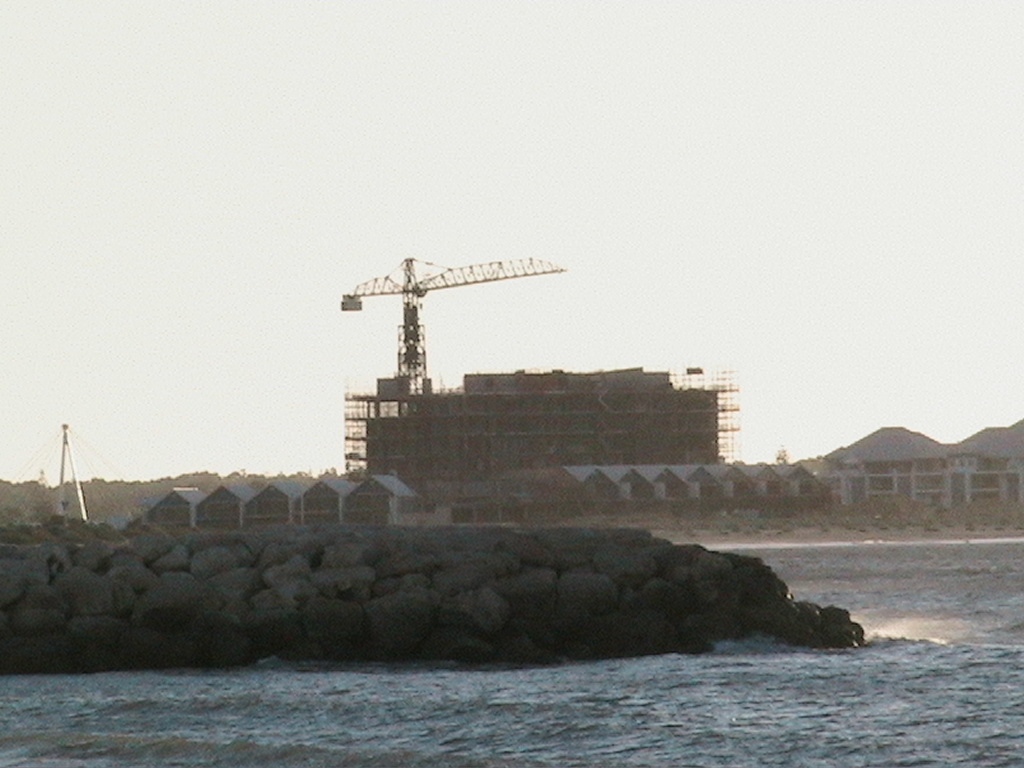Reflections on New Housing Developments and Land Subdivision
As someone from South Australia, I can’t help but feel a bit disheartened by the trend of land developers constructing new homes on what were once farmlands and reserves. Areas beyond Roseworthy and around the Fleurieu Peninsula are prime examples of this shift.
It’s concerning to note that only 3 to 4 percent of our land is currently dedicated to growing crops and grains, while just over 50 percent is allocated to animal farming—largely influenced by our spacious landscape and arid climate.
I wonder about the implications of these new developments on farmers. It feels like productive land is being squandered when it could be utilized for agriculture, especially considering the scarcity of good farmland. Moreover, we must take into account the loss of land to dryland salinity as groundwater levels rise due to land clearing.
There are numerous negative consequences associated with land clearing that we should acknowledge.
I understand that our population is growing, partly due to immigration, and that there is a pressing need for more housing. Nevertheless, I have several questions:
-
Are we at risk of depleting our arable farmland if we continue this pattern of housing development?
-
What solutions can be pursued to address this issue?
-
How can farmers protect their land?
-
Are major cities like Perth, Sydney, and Melbourne continuously expanding outward?
-
How does this trend impact our children, particularly in terms of backyard space?
-
Is this issue having adverse effects on native flora and fauna?
I look forward to hearing your thoughts on these pressing concerns.




Your concerns about land development and its impact on agriculture and the environment are certainly valid. It’s a complex issue with many facets to consider. Here are some thoughts on your questions:
Will we run out of arable farmland if we continue building for housing?
Yes, if the trend of developing farmland for housing continues, we risk losing valuable arable land. This is particularly concerning as urban sprawl can encroach on productive areas, reducing the overall capacity to produce food locally, which is increasingly important for sustainability.
What can be done about this problem?
There are several strategies we can consider:
Promoting urban agriculture to make better use of available space in cities.
-Engaging in community discussions about the importance of farming and exploring alternative housing models, such as higher-density developments that consume less land.
Can farmers defend their land?
Farmers can defend their land through advocacy, forming coalitions, and working with local governments to influence zoning laws. Public awareness campaigns stressing the importance of agriculture can also help garner community support for protecting farmland.
Are all our major cities (Perth, Sydney, Melbourne, etc.) expanding?
Yes, major cities across Australia are expanding due to population growth, though the rate varies. This expansion often comes at the expense of surrounding agricultural land, which raises concerns about long-term sustainability.
How is this affecting our kids (less backyard space, etc.)?
The reduction in green spaces and backyard areas can limit children’s opportunities to connect with nature, engage in outdoor play, and experience the benefits of green environments on their physical and mental well-being. Dense urban environments can also affect community interaction and the quality of life.
Is this issue affecting native flora and fauna?
Absolutely. Land clearing for development disrupts habitats and can lead to the decline of native species. It often results in loss of biodiversity, with unique ecosystems being replaced by urban landscapes. Conservation efforts and creating wildlife corridors can help mitigate these impacts, but it’s a challenging task.
Overall, it’s essential for communities to strike a balance between development and preserving agricultural land. Encouraging dialogue and understanding the value of both housing and farmland can lead to more sustainable decisions for future generations.